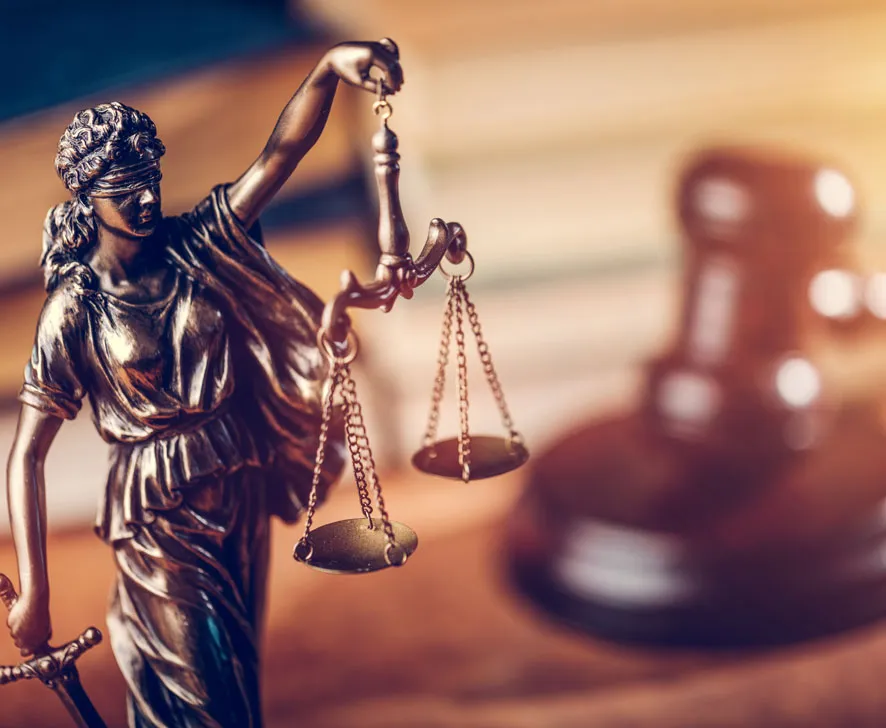PopSockets pops for plenty to protect its brand

BOULDER — Facing challenges on multiple fronts, David Barnett is a man caught in the middle.
Barnett, chief executive of PopSockets, the Boulder-based company that makes grips that attach to the back of cellphones and other mobile devices, came to a U.S. House Judiciary antitrust subcommittee hearing at the University of Colorado Boulder law school auditorium on Jan. 17 to accuse dominant online platform Amazon of “strong-arming” it and failing to remove products that impersonated his company’s wares.
Meanwhile, PopSockets remains enmeshed in protracted lawsuits against some online sellers for allegedly selling its products at cut-rate…
THIS ARTICLE IS FOR SUBSCRIBERS ONLY
Continue reading for less than $3 per week!
Get a month of award-winning local business news, trends and insights
Access award-winning content today!





